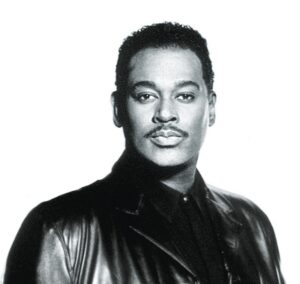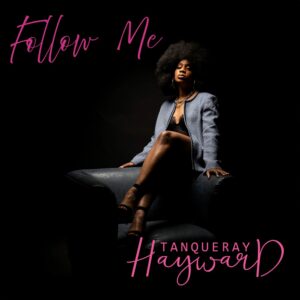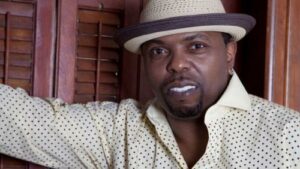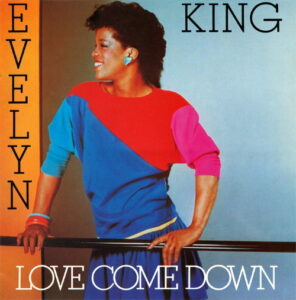(August 16, 2019) Miles Davis was a musician who mastered what was happening at the time in jazz. He was there at the creation of be-bop and when he concluded that be-bop and hard bop were bumping up against their creative limits, he moved to modal jazz and made what is the greatest jazz album and one of the best albums in any genre with Kind of Blue.
Davis was an intellectually and musically curious person who was always in search of a new challenge. That explains why Davis embraced fusion starting in the late 1960s, at a time when he attracted the best players and could have easily continued playing jazz standards. However, Davis leaned into fusion and never really looked back even when traditionalists railed against the shift. Albums such as Bitches Brew were controversial when they came out but they are now considered classics.
Davis faced similar criticism during the 1980s when he covered pop tunes such as Michael Jackson’s “Human Nature” and Cyndi Lauper’s “Time After Time.” Never mind that part of jazz music’s vibrancy came from translating tunes from the popular music canon into the jazz idiom. Davis befriended and sometimes collaborated with R&B, soul, funk and rock performers from the late 1960s up until the time of his death in 1991, and it should not be surprising that his work began to reflect his associations with legends such as Jimi Hendrix, Sly Stone and Prince.
 By the mid-1980s, nobody should have been surprised that the famously restless Davis would be ready to explore straight ahead R&B. Yet, the R&B movement that Davis made with Rubberband, the record that would be his first with Warner Brothers after his decades long association with Columbia had come to an end, proved too much for the suits at his new label. The 1985 was shelved and Tutu became Davis inaugural project at Warner Brothers.
By the mid-1980s, nobody should have been surprised that the famously restless Davis would be ready to explore straight ahead R&B. Yet, the R&B movement that Davis made with Rubberband, the record that would be his first with Warner Brothers after his decades long association with Columbia had come to an end, proved too much for the suits at his new label. The 1985 was shelved and Tutu became Davis inaugural project at Warner Brothers.
Thanks to the effort of producers Randy Hall and Zane Giles, as well as Vince Wilburn, Jr., Davis’ nephew and drummer on the session, fans will finally be able to hear Rubberband. Wilburn said in a Billboard interview that his legendary uncle was listening to contemporary music in the early 1980s. That meant he was listeing to Prince, Michael Jackson and watching MTV. “Uncle Miles used to look at MTV with the sound down, and if he saw a group he dug he’d turn the sound up and call the label and have them send him the record — Scritti Politti to Mr. Mister, Toto, Cameo, Prince, Michael Jackson,” Wiburn told Billboard.
The trio of producers didn’t do much to the source material. They added what Billboard called “some additional musical elements.” However, the primary additions would be the vocals. Wilburn and company tapped another artist with legendary bloodlines to sing “So Emotional,” the first track released from the album. Lalah Hathaway adds her sultry vocals to the song, a ballad that has has definitely aged well. Davis and his Harmon-muted trumpet always knew how to caress a ballad. And whether The Man with the Horn was interpreting a songbook classic such “Stella By Starlight” or a modern storm Quiet Storm slow burner like “So Emotional,” Miles is Miles Ahead.
By Howard Dukes
Miles Davis feat. Lalah Hathaway
“So Emotional”









